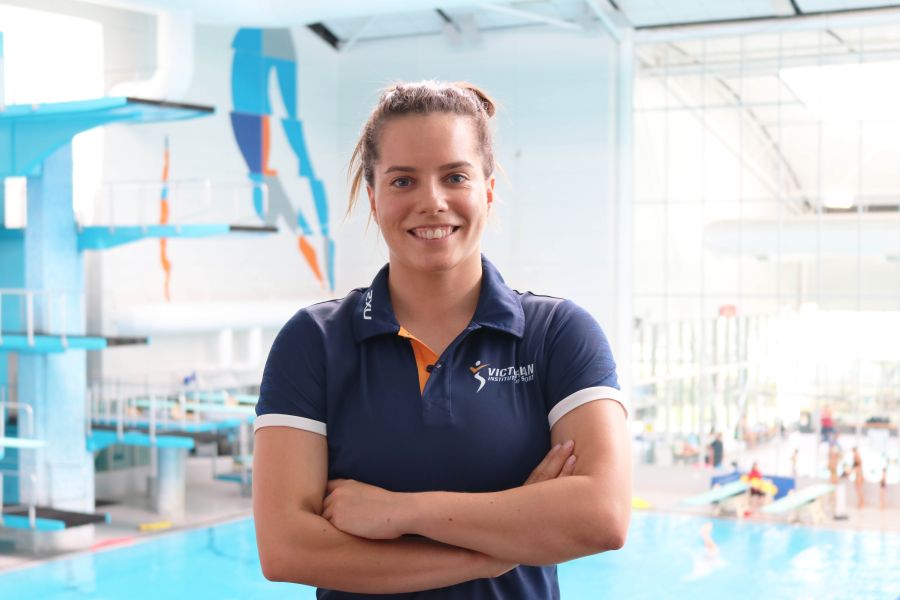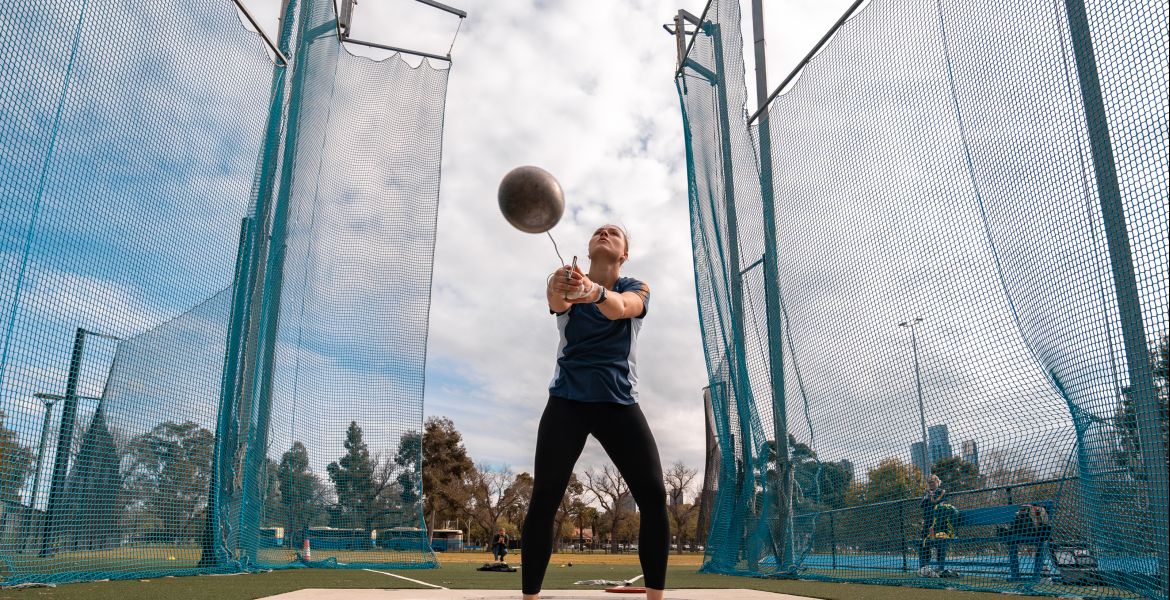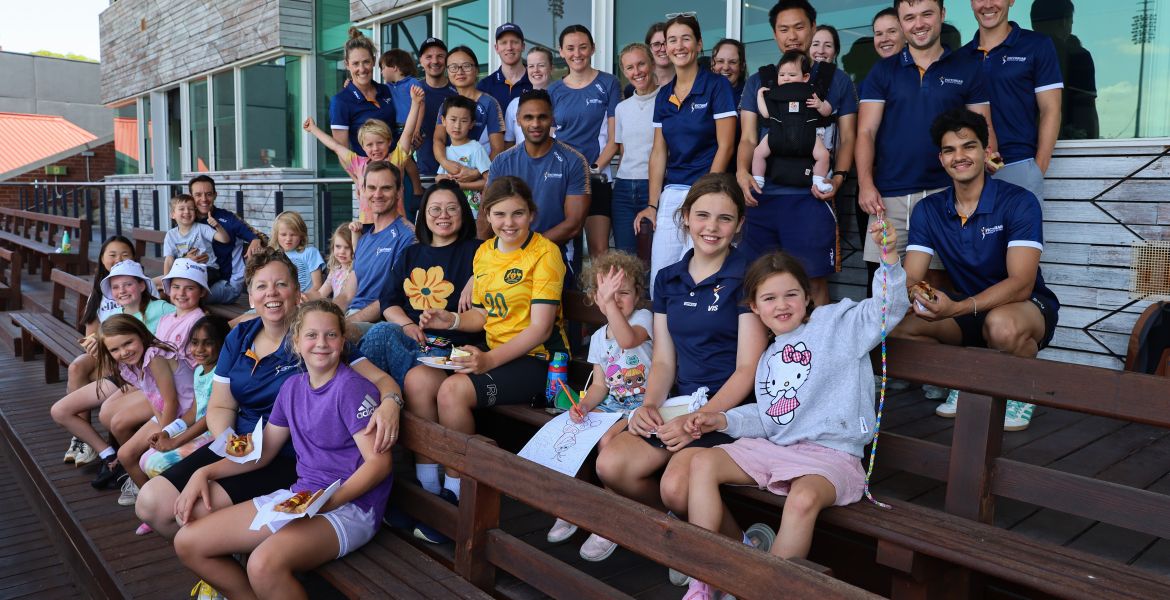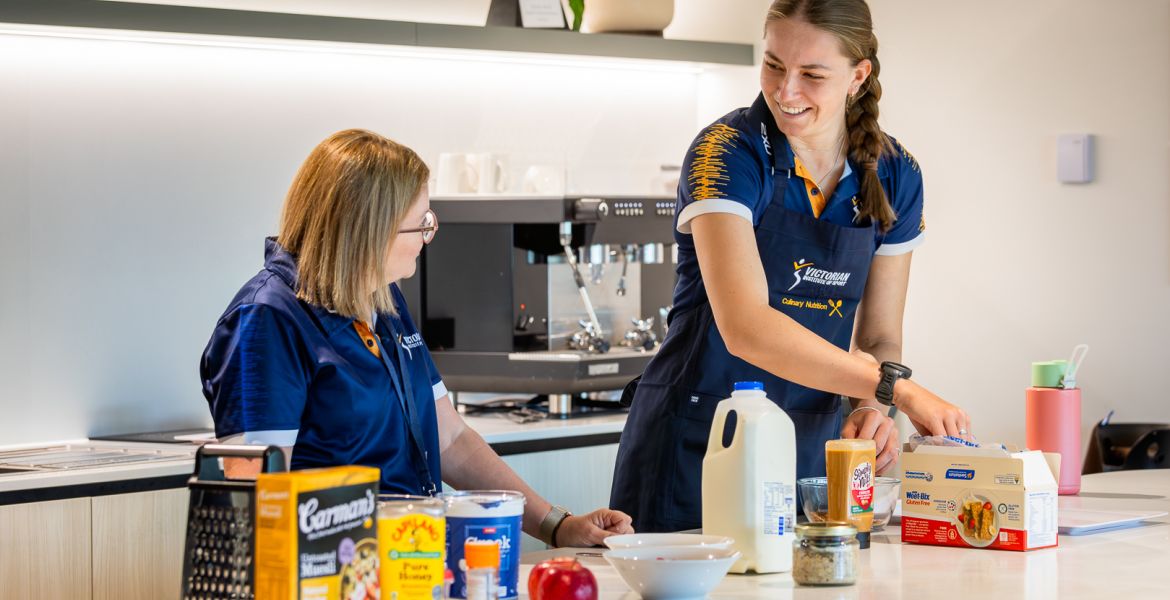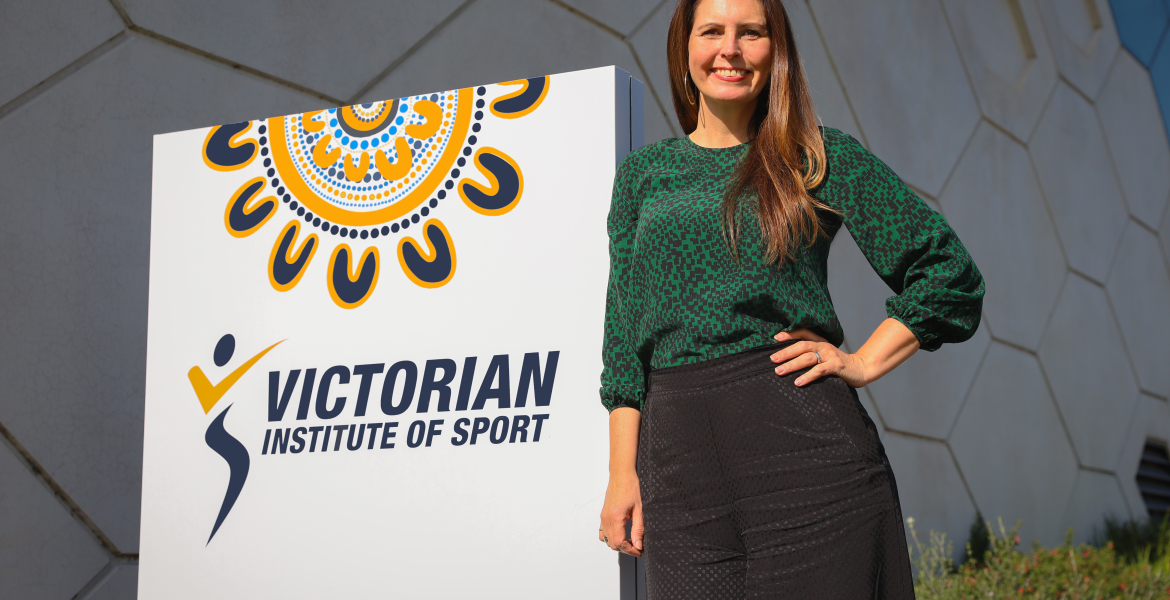As we get through another week in isolation, it’s a great reminder to continue focussing on the ‘Can.’
It is easy to focus on all the restrictions that have been placed on us and to complain that “I can’t do anything”. However, this “all or nothing” mindset is very limiting and can lead us to be caught in one of the emotional stages of grief. Instead continue to accept the situation and start to focus on what you CAN do, rather than what you CAN’T do.
Victorian Institute of Sport diver Anabelle Smith said that when lockdown first started, she took the opportunity to focus on something that ‘can’ be done.
“I set a goal to finish some things I’d started but never completed and writing a blog has been on my vision board for years.” She said.
“Building a website was challenging but a lot of fun, and it’s enabled me to channel my focus into something productive whilst being unable to train in full.”
Smith admitted that when her website went ‘live’ last night she felt a “great sense of achievement.”
She hopes that her new online blog, 'BeingBelle,' will allow her to share experiences as well as help the community.
Some other areas that you may not usually be able to focus on include:
- Rest/Sleep / Rehabilitation of chronic injuries
- Mental skills training / Discovering new food recipes
- Alternative fitness strategies / Study/Work
- Technical weaknesses / Video analysis
- Catching up with family/friends / Reflecting on your training history
- Hobbies/Interests / Learn something new (e.g., Guitar, Spanish)
Smith’s teammate and fellow VIS diver, Laura Hingston has also taken this opportunity to try new things and improve other areas.
“I’ve been learning Spanish, picked up my Rubik’s cube for the first time in years, improved my juggling and trying to learn unassisted handstand push ups.” She said.
By taking the opportunity to work on possible development areas, e.g., strength, endurance, technique, etc., then you may find that by the time you get back to normal training they may well have become potential strengths.

